Post
A catch
Save a catch to start your fishing logbook. You will be able to to share it with the community if yo want!
A fishing trip
Post an ad to go fishing with other fishermen
Save a catch to start your fishing logbook. You will be able to to share it with the community if yo want!
Post an ad to go fishing with other fishermen
Share a thought, a question with the community
My favorite cities
×Join our 579 fishermen and our 1 cofisherman in Skellingthorpe in Lincolnshire. The fishing forecast is currently 4.3. The most caught fishes here are the spined stickleback , barbel fish, the vendace fish and the rainbow trout. Come try the most famous fishing techniques like the cast fishing on the edge for mackerel, slabbing the bass, fishing with traps or surfcasting fishing for sea bream.
Our fishing forecast of Skellingthorpe indicates the best time to go fishing in this city.
The Spined Stickleback
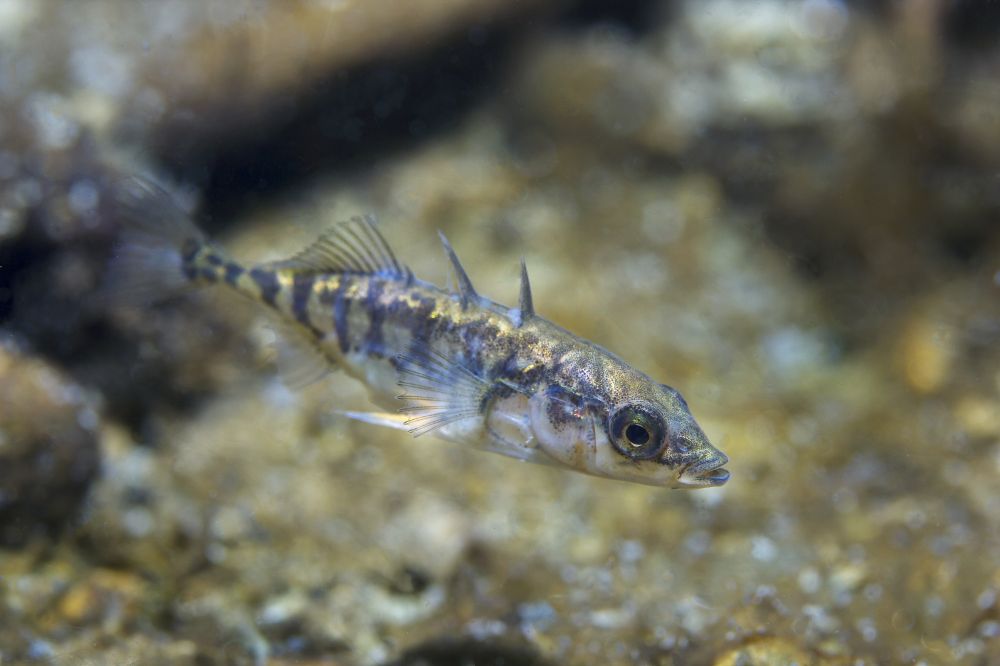
The Spined Stickleback belongs to the Gasterosteidae family. Females are larger than males, measuring 4 to 5 cm and males 3.5 to 4 cm. Its longevity varies from 3 to 5 years. The spined stickleback breeds from March to July to June depending on the region. Fertility is 100 to 400 eggs. It can be fished all year round. The spined stickleback is a small fish whose body is elongated and laterally compressed. Along the lateral line, the body is not covered with scales but with bone plates (badges). The caudal peduncle is very narrow. Three isolated spines are present on the back in front of the dorsal fin. The muzzle is pointed and has a terminal mouth. Pelvic fins are also replaced by two thorns. Its back is greenish brown with black on the back, the sides are silvery grey below the lateral line and the ventral side is whitish. The male's silvery coat turns a bright red color at the time of reproduction.
The Spined Stickleback is a famous fish you can catch in Skellingthorpe.Barbel Fish
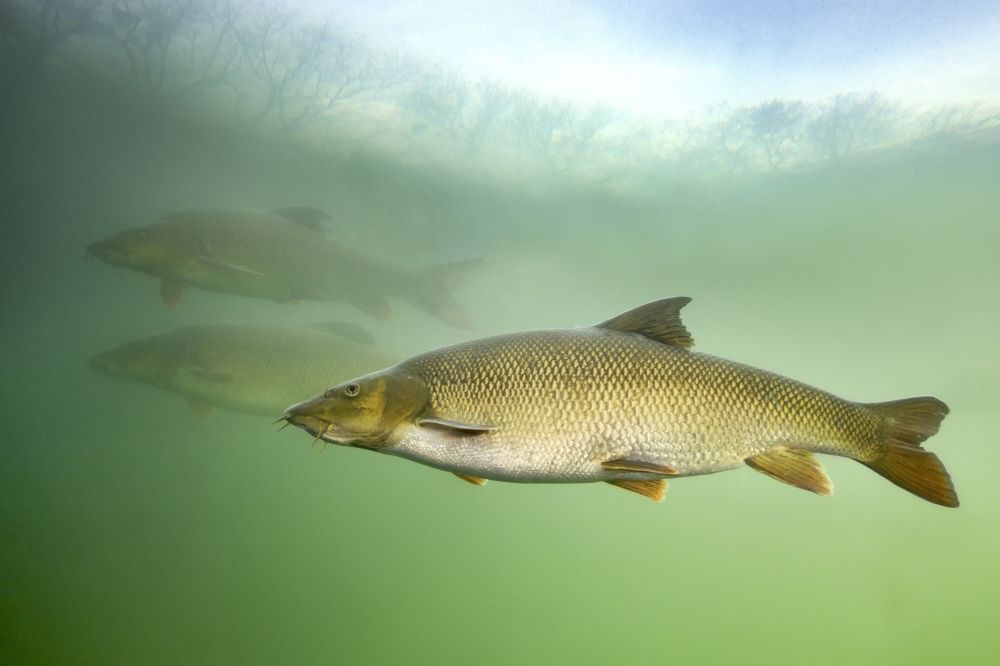
The Barbel fish belongs to the Cyprinids Family. Its maximum weight is 9 kg, and its maximum size is 90 cm but sometimes, it can reach 1 m. It can live 15 years. The Spawning period starts in May and end in July. It can lay up to 9,000 eggs. You can fish Barbel all year. The minimal weight catch is 3 kg. The barbel fish is hard to catch especially in an area where it feels at ease. The Barbel fish, with its streamlined body, shows its perfect adaptation to rivers animated by a more or less rapid stream. Depending on its layout, its color, which may be different, is uniform and slightly lighter on the belly. Barbels are sometimes "grey", sometimes "greenish", and sometimes "golden". Its snout is characteristic and clearly protrudes from its mouth. Note that the dorsal fin has a highly ossified thorny radius.
Barbel Fish is a famous fish you can catch in Skellingthorpe.The Vendace fish
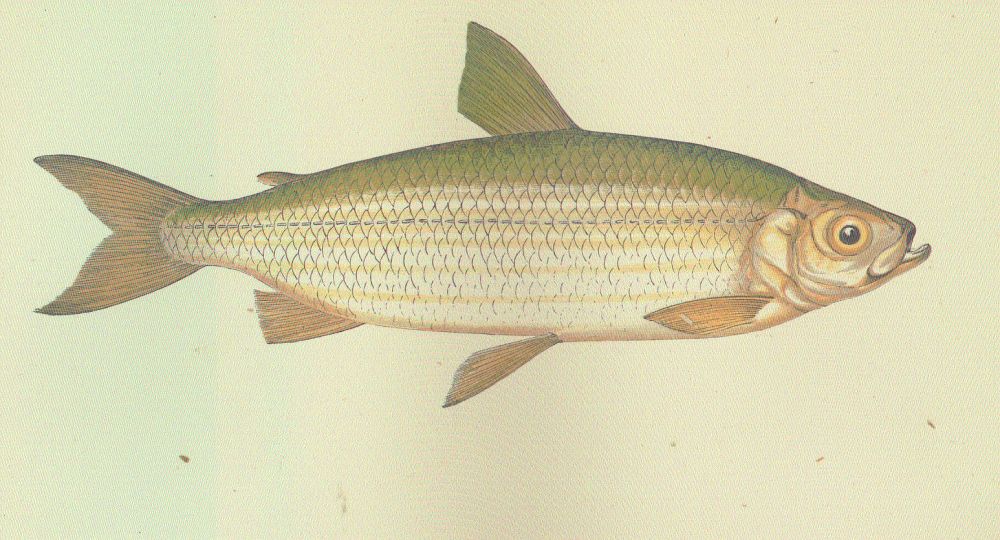
The vendace fish belongs to the Salmonidae family. Its average size is 45 cm and its weight is 1 kg. The oldest specimens observed were 10 years old. It breeds from October to December. The female lays 30,000 eggs per kg of weight. It is fished from March to December. The vendace is a small, slender and streamlined fish that is very easy to confuse with a bleak, a small lavaret whitefish or a peled whitefish. Unlike the bleak, the vendace is a member of the Salmonidae family, which is why it has a fat fin. It differs from the lavaret and peled whitefish by its much longer lower jaw. In the lavaret whitefish, the upper jaw is longer and in the peled whitefish the jaws are of the same length. It is silvery on the sides, with a white belly and a brown-green, grey-blue or blue-green back.
The Vendace fish is a famous fish you can catch in Skellingthorpe.The Rainbow trout
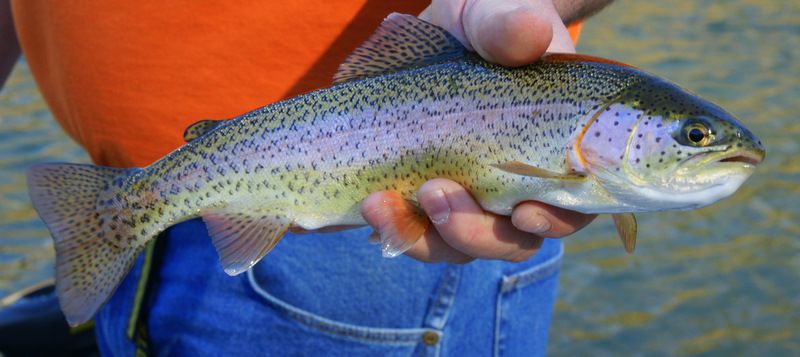
The Rainbow trout belongs to the Salmonidae family. On average, it measures 35 to 70 cm and weighs 500 g to 6 kg. In this species, a maximum lifespan of 11 years has been observed. Rainbow trout reproduce naturally from late March to early July. Fertility is about 2000 eggs per kg. Depending on the region, it is fished from March to September. Rainbow trout have a streamlined, laterally compressed and slender body. It has a small head and a slightly split mouth. Its body is arched at the level of the dorsal fin. It should also be noted that there is an adipose fin common to all Salmonids. Its scales are small and thin. Generally, the entire body is punctuated by small black spots, many on the back and sides, as well as on the dorsal and caudal fins. The back is olive green and the sides are silvery. The color of the belly varies from white to yellowish. Nevertheless, the general coloring of the body varies greatly depending on the age, habitat and physiological stage of the fish. The particularity of rainbow trout lies in the presence, all along the body, of an iridescent longitudinal band, predominantly pink. During the breeding season, the female is generally rounder because of the ovarian volume, while the males appear to be more elongated. They become darker and their colors more vivid.
The Rainbow trout is a famous fish you can catch in Skellingthorpe.The Dace Fish
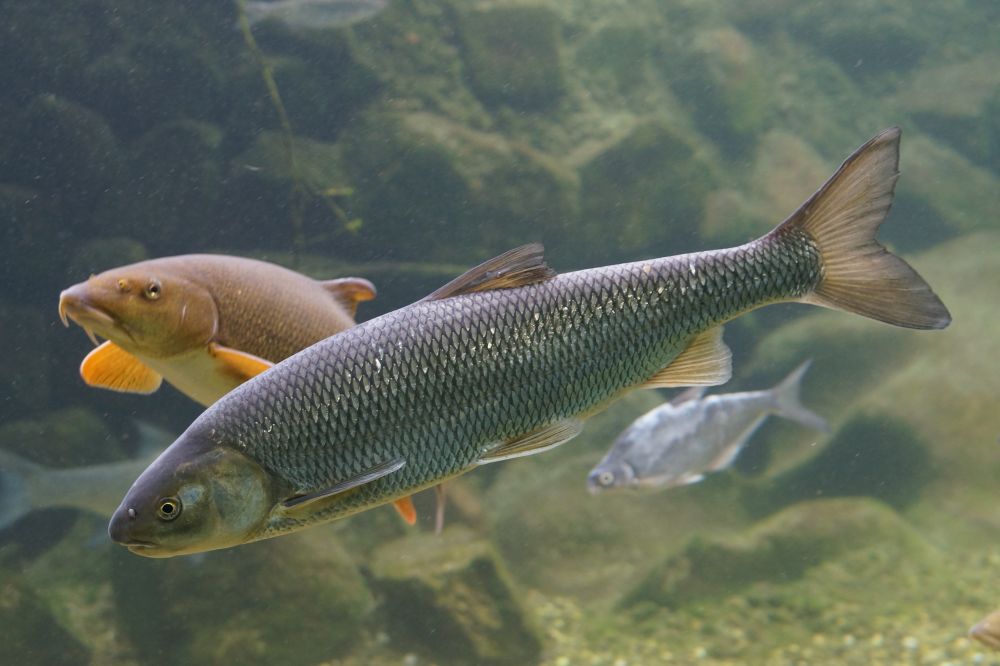
The Dace fish belongs to the Cyprinidae Family. The current size of the dace fish varies between 15 and 20 cm and weighs between 100 and 200 g. However, it can reach a maximum size of 40 cm for a weight of about 1 kg. The life span is usually 10 to 12 years, but it can reach 15 years. The breeding period is from March-April to May-June, depending on latitude. The female's fertility rate is 8,000 to 10,000 oocytes. The dace’s fishing season is open from June to March. This fish has a slender and streamlined body. The head is conical with a small and slightly split mouth, slightly inferior. The eyes are bordered with yellow. Fins are well developed. The caudal is indented, the dorsal fin is grey with 10-11 rays, located in the middle of the back. Pelvic bones are yellow with a concave posterior edge, anal and pectoral fins yellowish to orange. This species is suitable for rapid swimming in rough water. The scales are large (47 to 55 along the lateral line), silver-colored on the sides, greyer and greener dorsally, and white ventrally.
The Dace Fish is a famous fish you can catch in Skellingthorpe.Our fishing forecast of Skellingthorpe indicates the best time to go fishing in this city.
Our fishing forecast of Skellingthorpe indicates the best time to go fishing in this city.
Our fishing forecast of Skellingthorpe indicates the best time to go fishing in this city.
